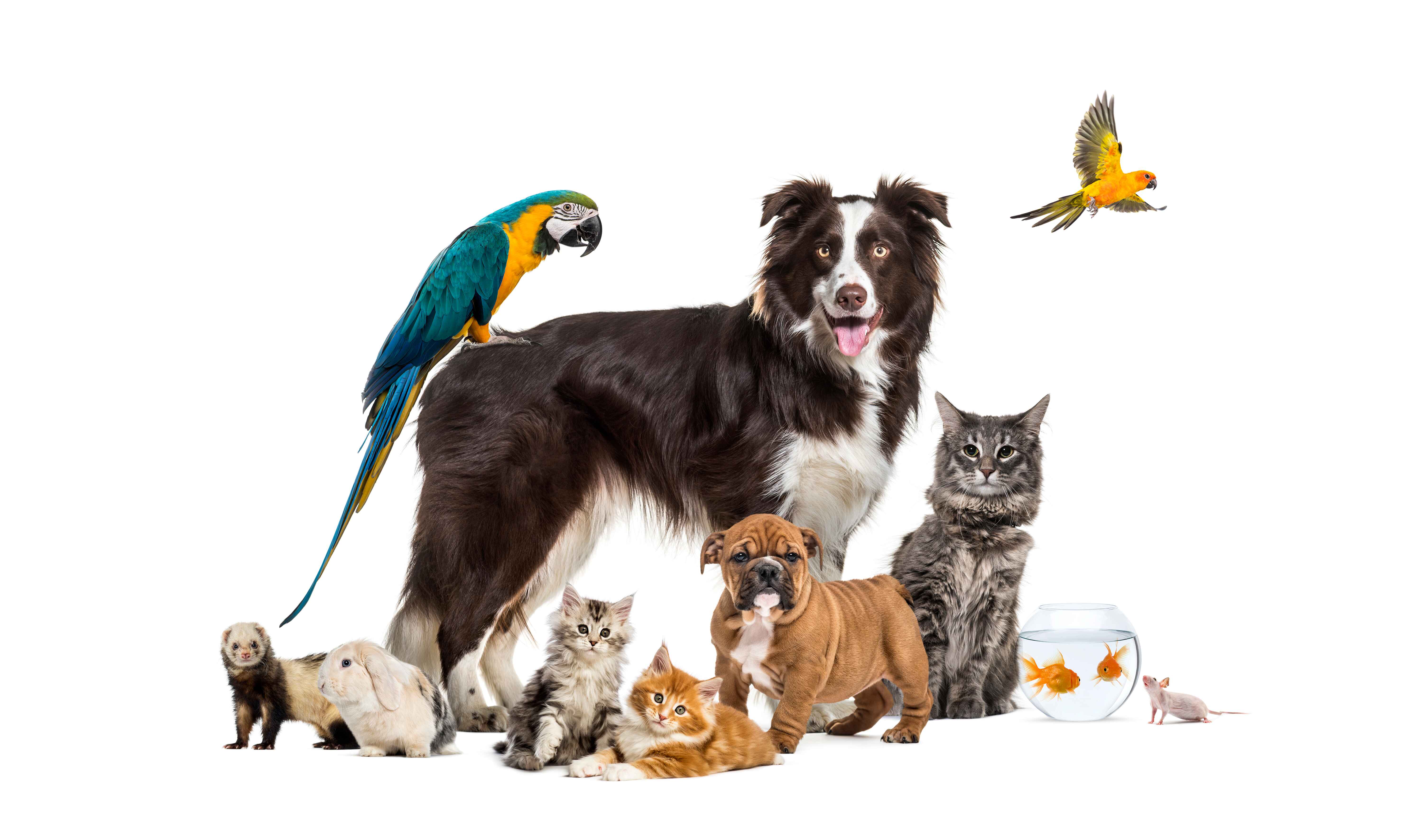The Surprising Way Children View The Death Of A Pet

8.16 BW Nonlead
https://www.barkandwhiskers.com/2017-04-29-nl-how-children-cope-with-pet-loss/
https://www.barkandwhiskers.com/p/2136ae9f-b8a0-40ef-87ea-ed99b1ea2b8d/
By Dr. Becker
Because the lifespans of most companion animals are so short, in homes with children, youngsters can be witnesses to the circle of life — the birth, life and death of a family pet.
A recent research project examined the reactions, ideas, and feelings of children when they lose a pet.
Pets Are More Than 'Just Animals' to the Children Who Love Them
The researcher, Joshua J. Russell, Ph.D., assistant professor of animal behavior, ecology and conservation (ABEC) at Canisius College in Buffalo, NY, concluded that pets are more than "just animals" to kids. Russell conducted one-on-one interviews with 12 youngsters between the ages of 6 and 13.
"They often see themselves as the center of their pets' affections," says Russell. "They describe their pets as siblings or best friends with whom they have strong connections."1
One 13-year-old boy whose cat was struck and killed by a car told Russell he felt his "life was over" at the time, and was still shaken by the event two years later. Russell believes kids "have a distinct sense of existential fairness around whether or not an animal lived until an appropriate age."
Youngsters understand that some pets, for example hamsters, have very short lifespans, but they expect a dog or cat to live much longer. And the type of death a pet experiences is also significant.
"Children whose pets lived the extent of their potential lifetimes — or beyond — expressed acceptance upon their deaths," Russell says.
Kids Distinguish Between 'Good' Pet Deaths and Bad Ones
An 11-year-old girl Russell interviewed suffered the loss of a beloved guinea pig. She was sad and upset about the death of her pet, but she also felt her guinea pig had lived a good life and it was "her time to die."2
The kids viewed euthanasia as the right thing to do to end a pet's suffering, but if a pet died suddenly or unexpected, they were more likely to view the death as "emotionally and morally unfair." In those situations, the children had a much harder time accepting the loss.
Like Adults, Children Have Different Ways of Coping After a Pet Dies
The children Russell interviewed received support from family and friends in dealing with the death of their pets, although some of the kids preferred to mourn privately. They wanted to "go to their room and feel sad and deal with it on their own terms," said Russell.
Many families held religious ceremonies or events such as a memorial tree planting in honor of a pet's passing. The results suggest parents should give kids opportunities to talk about their feelings when a pet dies, and then follow their lead. It's also important to offer youngsters some alone time to grieve.
Not all the kids Russell talked to were sure they wanted another pet. "There were those who felt it would be wrong to move on to a new pet because they had to honor their relationships with the deceased one," he said.
Other children, however, thought getting a new pet would help them feel better. "They explained it as an opportunity to start over and suggested that replacing a companion animal is more about beginning a new relationship than erasing memories of an old one," said Russell.
The 13-year-old who lost his cat summarized it best, according to Russell, when he stated, "Sometimes death is tragic, like when a cat is run over by a car. But ultimately, death is part of life and life does go on."
Tips for Helping Your Child Deal with a Pet's Death
• It's best not to make assumptions about what your child is or isn't feeling, does or doesn't understand, or his beliefs about what has happened to his pet. Kids get input from many sources beyond their parents.
Often mom and dad mistakenly believe their child forms opinions and ideas identical to their own, but youngsters filter information in their own way and reach their own conclusions and beliefs about experiences and events.
• Talk to your child about the death in an open, honest manner, and share your own feelings as a way of encouraging him to share his.
Keep the lines of communication open and you'll likely discover either your youngster has a good understanding of what has happened, or he's harboring some misconceptions you can clear up for him.
• One of the most important things you can do when your family loses a beloved pet is to avoid telling your child how she should feel. Children should not be criticized for crying or told to "be strong."
• You can help your youngster grieve in a productive way by being open about your own sense of sadness and loss. Be honest about how you're feeling and don't try to hide your emotions, but take care not to frighten your child with an out-of-control expression of grief.
Crying is fine. Wailing, screaming or other highly dramatic displays of emotion are not appropriate in front of a child who views you as her safe harbor. Share in your child's sadness, but don't overwhelm it with your own. Be your youngster's protector, even during periods of intense sorrow.
• When you model a healthy way of dealing with grief, it helps your child realize others experience pain and sadness just as she does, her feelings are normal and acceptable, and she isn't alone during this difficult time.
• Grief is a process, not an event. It takes time to work through the process. The good news is the vast majority of kids will adjust in a normal, healthy way to the loss of a pet if the parents' approach is gentle, simple and honest.

